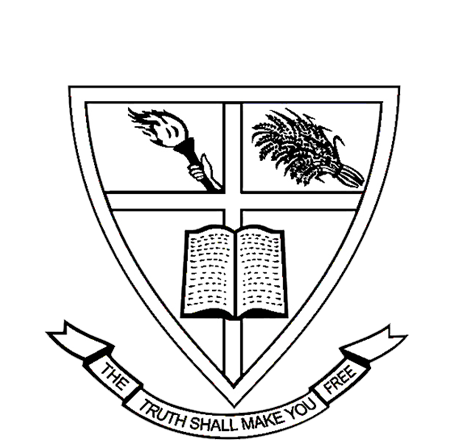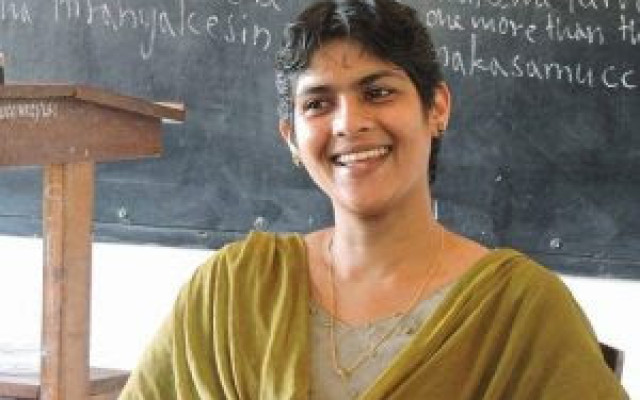 Back
Back News
Interfaith Dialogue on a Daily Basis
Posted 9 years ago

By Dr. Jenee Peter
Union Christian College, an interdenominational Christian college in Kerala, India, is fertile ground for interfaith dialogue. As Jenee Peter, a professor in the Department of History points out, “60 percent of the students are non-Christians and 50 percent of the faculty are from other faiths.” That means that “there is interfaith dialogue here on a daily basis and, through experience, we are learning how to relate to each other and how to understand the perspectives of others.” A United Board grant for her project, “Religious Borrowings and Interfaith Dialogues,” gave her the means to dig deeper into the topic of interfaith understanding and introduce a series of student activities over the course of six months.
History was the starting point. “To have a dialogue, we first need to understand the other person’s faith and appreciate it,” Dr. Peter said. As a class assignment, students were asked to describe an aspect of their own religion – such as a symbol or church procession or temple festival – to classmates of another religion. Interviewing parents and grandparents helped students put their beliefs and traditions into more personal contexts and more easily share their religious history with classmates. In small teams, students visited several sacred sites and religious monuments. Later, they were encouraged to reflect on what they had seen and, as Dr. Peter explains, “to see if there is something similar with your own faith.” She expected her students to enjoy the action research but they “went beyond my expectation and imagination” and their excitement became infectious. “I could see this was leading to more than a project for students to present to the class,” she said. “Some kind of change was taking place in them.”
One of her goals was help her students discuss religion, and by the end of the term, she could see both “a celebration of diversity and more open discussions in the classroom.” She hopes there might be ways to spark similar discussions in the surrounding community, so she and colleagues are developing plans for a Center for Peace Studies. The Center would serve as a cross-disciplinary platform that offers courses to students and then helps them find practical ways to apply their social commitment in the community.
Experiential education can change the outlook of teachers as well as students. “I was already familiar with the history and archaeology of interfaith dialogue, so at first, this project was similar to preparing a research paper,” Dr. Peter said. But, over time, her students’ participation changed her. “I am caught up in the dynamics and the people of interfaith dialogue because of my students,” she says. Rather than drawing conclusions, the project leaves Dr. Peter with a question for herself, her students, and her colleagues: “What is our capacity to bring about change?”
source: https://unitedboard.org/jenee-peter-union-christian-college/

